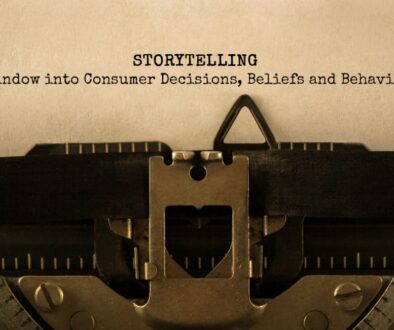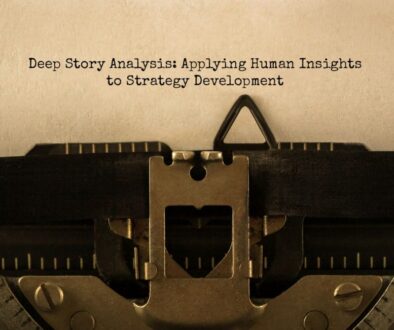Understanding Consumer Behavior
To be human is to be multifaceted. It is to be social, a politician, religious, an atheist, a producer, a creator, a citizen, and a consumer.
To be human is a condition and not a state.
For centuries, we humans have been studied in all our many facets. Various sciences have been deeply devoted to understanding humans in our various states of being: as the social being (sociology), the psychic being (psychology), the human being (anthropology), the political being (political science), and as the religious being (theology).
These sciences are based on the understanding of the interaction between us and our environment, and reflect our need to be understood in all states of being.
“Consume”, “purchase”, “have”, “possess”, and “buy” are actions that end up defining another state of the being, that is: the CONSUMER being. And it is in this context that the study of consumer behavior begins. New methods, knowledge, and insights have contributed to the study of consumer behavior. But we are not just a behavior being, we are much more complex and rich than that.
All of us, regardless of our economic resources, the cultural, historical, political and social moment we live, the religion or faith we practice, the ideas we preach, the loves we love, the passions we live; we are all consumers of something.
As humans, we go from one position to another consuming and enjoying what this world provides us in an infinite number of ways — be it as a product, an idea, an emotion, a word; whatever makes us feel our own humanity.
We continuously make decisions on food, clothing, leisure, ideology, religion, love, and these decisions are the result of rational behavior that is susceptible to influences of factors both internal and external to the individual, to the being, to the human.
As market researchers we are required to identify the internal variables of the consumer (motivations, perceptions, personal characteristics, and attitudes) as well as external variables (environment, culture, social class, social groups, and situational influences) to understand their decision-making process.
Why then does the study of consumer behavior become so important in the marketing context?
Over the years, the relationship between brands and their consumers has developed from a product/consumer/customer/product-driven vision into the perception of the need to take into account the satisfaction of the the consumer (consumer driven). Today it is more important that we understand that the focus of marketing must bend to the needs of the human being.
In this context, a company with a more detailed knowledge of its human being will be able to provide products and sevices that satisfy better than the competition.
The journey towards understanding human beings — and their consumer urges — must be based on respect for individuality, cultural aspects, lifestyles, beliefs, and passions.
We should never forget that better consumer insight comes from a deeper comprehension of humans in action and in a constant process of evolution.
Understanding consumers is understanding our multiplicities, without forgetting that we are individuals.
(This article was published at Pancrom Magazine in 2002, Sao Paulo-SP – Brasil)






















